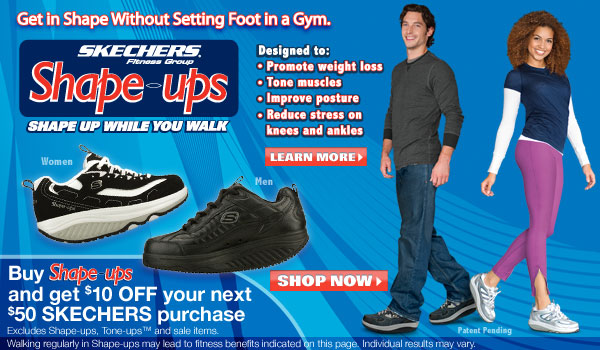When we talk about branding, we usually think about product branding, the advertisement of different products to consumers around the globe. We think about the strategies companies use to market their products to us, how it affects our buying habits, and how advertising is becoming seemingly more ubiquitous. While product branding is of high importance, we often overlook a type of branding that is present in our daily actions and interactions.
It is personal branding.
What exactly is personal branding? Celebrities, professional athletes, politicians, and influential business leaders all have their own brands. Brands help individuals gain recognition and form a certain image of the individual in others’ minds. Personal branding isn’t just for celebrities though; it is for everyone. It is equally important to ordinary individuals. A personal brand is the way you see yourself and the way others perceive you. It encompasses everything about you: appearance, attitude, values, skills, abilities, professional career, personal relationships, and presence. Branding lets people market their strengths and skill sets to try and advance in life, whether it is professionally, socially, politically, and more.
Understanding both your attributes and how others perceive you is key to successful positioning.
The Globe and Mail provides some key tips on how to build a personal brand.
A step by step guide to building a brand
- identify your strengths and weaknesses
- find points of parity and points of differences from colleagues/ peers
- Determine your current brand
- Find out where you want to invest your time and energy in your brand
- Use social networking to keep in touch
- Build and expand your network and continue branding yourself
- Understand what attributes you want to attain
- Find a mentor who can help your brand
- Update brand as you advance in your career
- Avoid sticking to the norm / “Generic employee”
- Overcome a negative brand
Wensley, Karen. “How your personal brand will help or hinder your career.”The Globe and Mail. N.p., n.d. Web. 24 Sept. 2012. <http://www.theglobeandmail.com/report-on-business/careers/career-advice/life-at-work/how-your-personal-brand-will-help-or-hinder-your-career/article4533798/?service=print>.
